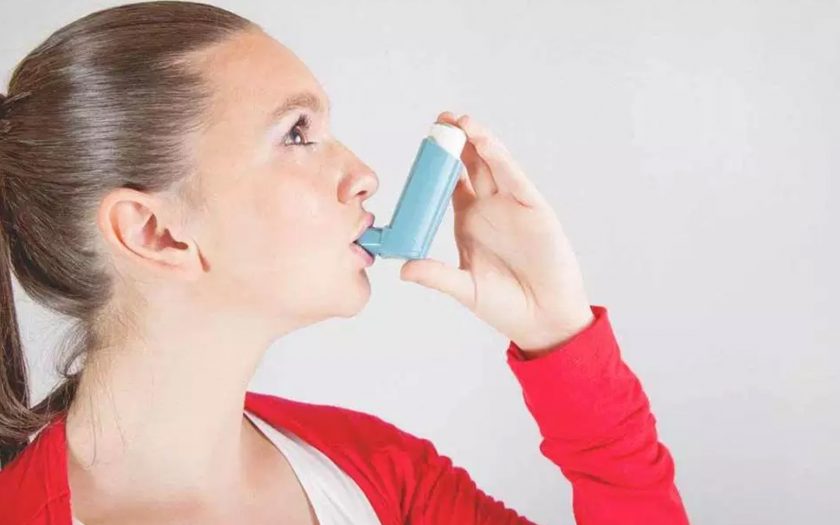This disease is an inflammatory lesion of the respiratory tract, characterized by narrowing of the bronchial lumen, manifested by intermittent coughing. Feeling short of breath is perceived as a threat to life. In addition to the basic treatment prescribed by a doctor (Aerocort Inhaler, Alvesco), there are additional methods to quickly relieve an asthma attack. These are special methods of self-help, which can be learned during rehabilitation treatment in specialized clinics. Here are some helpful tips on what to do when asthma attacks begin:
- try to stay calm, try to normalize breathing, breathing slowly and evenly;
- Take a position that facilitates breathing. For example, lean forward and transfer your body weight to your hands (put your hands on your hips).
The “goalkeeper” pose helps to cope with the attack while standing. To do this, stand with your feet shoulder-width apart and, leaning forward slightly, put your hands on your knees;
- use breathing techniques to restore calm and effective breathing. Exhale with your lips closed (without squeezing them). This creates a slight excess pressure and dilation of the airways from the inside. It is necessary to let out air from an oral cavity very slowly;
- Try to overcome your fears caused by shortness of breath with the help of relaxation techniques.
Let’s consider 14 basic methods of prevention of asthma attacks.
- To prevent asthma attacks, it is necessary to treat the inflammatory process and allergic reactions. It is necessary to determine to which stimulus you have an increased sensitivity of the respiratory tract.
- You should take regular medication prescribed by your doctor.
- Quit smoking and avoid secondhand smoke.
- With allergic asthma, it is important to avoid contact with provoking allergens.
- Train your respiratory muscles.
- Learn the technique of relaxation and self-help during an attack.
- Stay physically active. Physical activity strengthens muscles. The stronger the muscles, the easier it is to breathe. Physical activity has a positive effect on treatment and accelerates the onset of remission.
- Reduce the amount of air pollutants, for example, by cleaning the house.
- Dress comfortably and avoid huge crowds during the “cold” season.
- Get vaccinated against the flu.
- Organize your day to avoid unnecessary stress.
- Maintain a healthy weight so as not to overload your body.
- Do regular check-ups with your family doctor and, if necessary, with a pulmonologist.
- It is recommended to keep a diary of health monitoring. You need to write down information about daily activities (for example, about food, travel, or changes in health). This will help keep track of which factor triggers an asthma attack and what helps prevent it.

